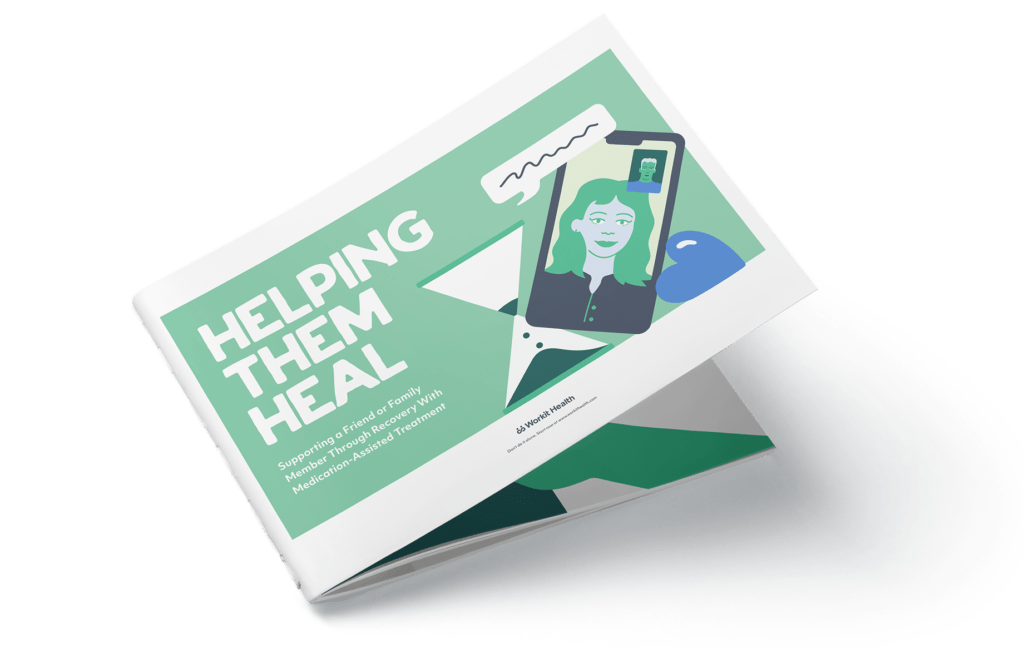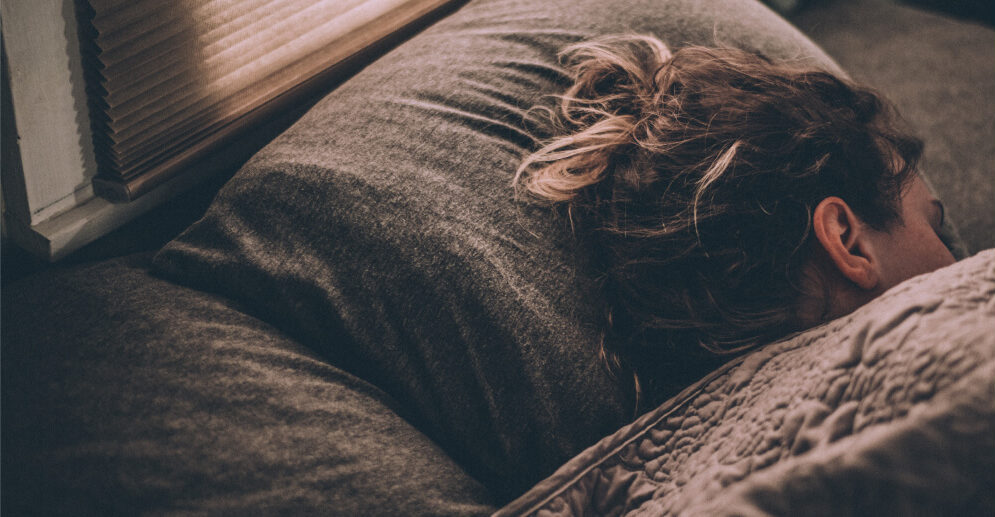Alcoholics and addicts are notoriously self-obsessed. In some ways, we’ve had to be in order to survive. But that selfishness is also a symptom of our illness.
During most of my active addiction, I was concerned with staying alive, trying to get clean, and managing my raging mental illness. But then I got sober. A big tenet of being in recovery is service. However, in AA, that’s usually limited to setting up chairs, making coffee, leading meetings, helping other alcoholics, and the like. I’ve never had a sponsor urge me to get involved in civic responsibilities like voting or protests or writing to a congressman. I understand why. AA doesn’t get involved in outside issues in order to stay out of controversy and maintain a singleness of purpose. But isn’t recovery ultimately about rejoining society and being a productive member? Isn’t getting involved in civic issues a form of service on a macro level? I think in our current climate, participation and productivity means more than paying your taxes, holding down a job and just not getting arrested.
Joe Schrank, clinical social worker, and interventionist told me, “I consider a metric of success in recovery to be involved in civic activities and responsibilities”.
We all owe society our participation in the greater good. When good people do nothing, evil triumphs, and as recovering citizens, we have a moral obligation to take our values into the world at large. And I don’t mean that in a creepy proselytizing way.
“In my work as a social worker I used to make young guys living in my Brooklyn loft play scrabble with the ‘Young At Hearts Club’ at the local church,” Shrank said. “Of course they would complain. But ultimately the intergenerational afternoon was good for the seniors and it was good for the young guys needing to be ‘of service’. Could I have had them set up chairs? Sure, but the idea was external validity of community participation. Recovery can never be theory. The ball must be put into play.”
Growing up, civic involvement was never modeled for me. I was raised by two apolitical creatives, a designer and a screenwriter. Sure my dad was involved in the Writer’s Guild strikes but in terms of social protests, not so much. “I can’t remember getting involved in any public issue except an anti-war march down La Cienega in the ’60s but that was so popular it almost seemed satirical,” my dad said. “I was part of the cliché of the cynically active who marched to get laid”.
When my part-time roommate Josh Tjaden got stuck in LA due to COVID for four long months, my life changed. A gay activist for 17 years, he had the news on 24-7 and when George Floyd was murdered, I was suddenly enrolled in a crash course of politics and minority rights. For that, I will be forever grateful. At 7 years sober, I finally woke up, grew up a pair and got involved. My first protest was a BLM march in West Hollywood. I jumped right in, fist in the air, chanting. The camaraderie was moving, the energy contagious. It was a feeling of connectedness and common purpose I had never experienced outside recovery. Do I have shame I didn’t do it sooner? Of course. But we get there when we get there. Regret is useless unhelpful self-flagellation. I can’t go back in time. The question is what could I do now?
Josh told me, “When I finally embraced the concept of being an activist, I found both purpose and power. Over the past few months, I’ve been able to pass what I know about these issues on to other people in my life while continuing my own work. And while it’s exciting to watch them wake up to the injustices of the world, I’m not going to lie, the process has been exhausting at times. I keep thinking, ‘Where the hell have you been!?!’ while saying, ‘I’m so glad you came!!!’”
Sure I knew the stigma of being a criminal or a drug addict or mentally ill. But I can and will never understand the prejudice that the BIPOC and the LGBTQ community face on a daily basis. But stigma is stigma. And prejudice is prejudice which is something I’ve always spoken publicly about. It was time to expand and evolve and get out my little recovery bubble.
Schrank said, “SAMHSA says there are 20 million people who identify as ‘in recovery’ and yet we are silent. Twenty million of anything should be a major concern. Have you ever heard of a politician courting the recovery vote? Not likely and why would they? We don’t vote. Imagine if we did? Imagine a voting block of 20 million people what that could mean in terms of funding treatment, recovery support services, research, job training and on and on. Imagine the funding if all recovering people demanded a federal user tax on alcohol to pay for the damage it causes?”
Schrank continued, “We are living in a moment in history where the streets are once again flowing with pain and frustration, “Joe Schrank continued. “Next time you’re wondering how you can participate, forget making coffee (or do that too) and take time to write to your Congress representative about an issue of concern, keeping your recovery values and principals in mind. Maybe it will be directly related to drug policy. Maybe it won’t. But you’ll be doing your part to cast our net wider and enhancing your personal journey as well. It’s a physical impossibility for two things to occupy the same space at the same time: when we’re playing scrabble with lonely old people, we’re forcing out the hamster wheel of concerns that keep us sick.”
There are other selfish reasons to help too. Scientific ones.
Science-based nationally syndicated columnist and author, Amy Alkon lays out the science of helping others in her book “Good Manners for Nice People Who Sometimes Say Fuck”, In an email, she told me, “Research finds that it is not chasing happiness that makes us happy but pursuing meaning. The way we bring meaning into our lives is through extending ourselves for others. We do this personally, through volunteer work and activism, and we do this as citizens by taking seriously our responsibility to inform ourselves and to vote, as well as to speak out for what we see is right and what we see is needed in our society.”
Many scientific studies, including one from a research team led by neuroscientist Jorge Moll at the National Institutes of Health (NIH) have shown that giving, being of service, volunteering, donating, and the like are associated with the part of the brain involved in social bonding. These activities can trigger a release of “feel-good” neurotransmitters such as oxytocin and vasopressin. According to Sander Van Der Lin, a doctoral researcher in experimental social psychology at the London School of Economics and Political science, “When doing good makes people feel good, these neurotransmitters can be addictive. Psychologists refer to this virtuous cycle as ‘the helper’s high’.
Still not convinced? Dr. Howard Wetsman, addictionologist, psychiatrist and former owner of Townsend Treatment Centers, who’s created an incredible series on YouTube called “Ending Addiction” told me: “Helping others makes it impossible to feel isolated or less than. Once those two are gone, you have more dopamine receptors. With more receptors you have more dopamine tone at the Nucleus Accumbens and it releases more endorphin in response. So helping others, even if you are only interested in yourself, is the most effective thing you can do.”
So if you’re just getting involved in the bigger issues, that’s okay. And if you fumble a bit as you figure it all out, that’s okay too. Late to the party is better than not showing up at all.
As Maya Angelou so eloquently put it, “I did then what I knew how to do. Now that I know better, I do better.”





